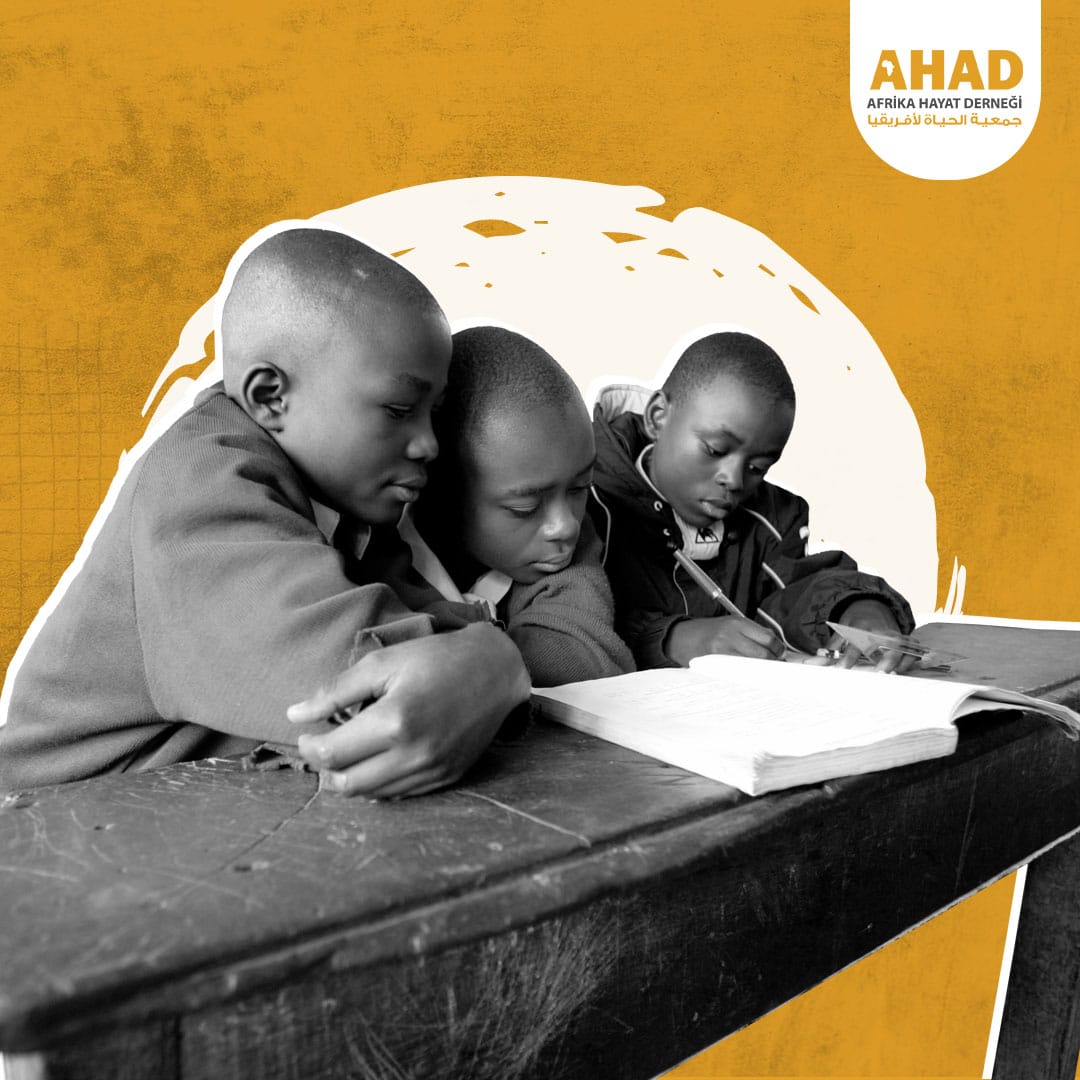Education is one of the most important sectors in any society, as it serves as one of the fundamentals of development and progress. In Sudan, the education sector suffers from many challenges and problems that have affected the quality and progress of Education.
The education sector in Sudan: concept and importance
Education in Sudan is one of the vital sectors that receive great attention from the government and society. The education sector in Sudan includes primary, secondary and university education, technical education and vocational training.
The importance of the education sector in Sudan is to provide the individual with the necessary knowledge and skills to improve his standard of living and job opportunities available to him, and education is considered one of the basics for the development of society and contribute to building the national economy and increasing productivity.

Objectives and vision for the development of education in Sudan
The Sudanese government seeks to develop the education sector by improving the quality of education and increasing opportunities for vocational education and training. The objectives of the development include improving the school facilities, Quality Standards, updating the curriculum, as well as providing study opportunities available to all, including vulnerable and disadvantaged groups.
In addition, the government aims to increase academic achievement rates and bring out a skilled generation that keeps pace with the requirements of the Times. Achieving these goals requires the cooperation of all stakeholders supporting the development of education in Sudan.
Basic education
Basic education is one of the most important stages of education in Sudan, as it provides children with the opportunity to obtain knowledge and basic education that paves the way for them to study at higher levels and build a promising future for them.
Changes in basic education in Sudan
The basic education sector in Sudan has witnessed many changes over the past years, through increased attention to the development of school facilities and the introduction of technology and technology in the field of education, the government has also updated the curricula and provided professional training opportunities for teachers to improve the quality of Education.
Best practices in improving the quality of basic education
The Sudanese government seeks to continuously improve the quality of basic education by developing curricula and training teachers on modern technologies and modern methods of teaching, in addition to providing the necessary resources to enhance the quality of education, such as books, study materials, modern educational tools and modern technologies in education.
Secondary education
Secondary education comes after the basic education stage and is one of the main stages in education in Sudan, where students are provided with the necessary knowledge and skills to achieve their goals in the future.
The challenges faced by secondary education in Sudan
There are many challenges facing secondary education in Sudan, including the lack of financial resources and school infrastructure, the lack of study materials and books, the lack of continuous training opportunities for teachers, and the lack of interest in improving the quality of education and diversifying curricula.
Possible solutions for improving secondary education
Possible solutions to improve the quality of Secondary Education in Sudan include providing the necessary resources to enhance the quality of education, including investing in school infrastructure and providing school materials, books and modern technologies in education. It also requires the training of teachers on modern technologies and the provision of continuous training opportunities for them. The curriculum must also be updated and diversified to meet the demands of students in the changing world.
University education
The university education system in Sudan
University education is another stage of education and it comes after secondary education. University education in Sudan is multi-layered, providing students with multiple options to choose from, including technical institutes, university colleges, public and private universities. And in order to get into college, students must pass national exams and achieve high grades.

The challenges facing university students in Sudan
University students in Sudan face many challenges, including a lack of financial resources and infrastructure for universities and colleges, and a lack of necessary textbooks and study materials. In addition, students face difficulties in accessing the technology necessary for study and research. Students who pass the national examinations also face difficulties in obtaining postgraduate studies due to the lack of opportunities. In order to overcome these challenges, the university system in Sudan needs to provide more resources to universities, improve their infrastructure, provide the necessary materials for study, research and offer more postgraduate studies.
Technical and vocational education
Developments in technical and vocational education in Sudan
Technical and vocational education has been gaining attention in Sudan recently. These institutions aim to train students in technical, technical and vocational skills that qualify them for employment in industry, trade and the economy. Technical and vocational colleges in Sudan include a range of specialties, including graphic design, computer, nursing and construction, so they meet job applications locally and internationally.
The importance of developing technical and vocational education
Technical and vocational education is a vital part of the education system in Sudan, providing the way for students to obtain the skills and experience needed to work in various industries. It is important to provide the necessary resources for the efficient implementation of technical and vocational education in Sudan by improving the infrastructure and providing the necessary equipment and technology for this purpose. Technical and vocational education is also an important turning point in strengthening the Sudanese economy, improving employment opportunities, increasing productivity and innovation.
The main challenges faced by the education sector in Sudan
The education sector in Sudan faces many challenges that prevent the improvement of the quality of the educational system. Some of these challenges are:
The lack of funding and resources allocated to education, which is reflected in the quality of education provided to students.
Lack of infrastructure in schools and universities, which leads to difficulty in providing an appropriate and integrated learning environment.
The lack of modern technology, especially in rural areas, which negatively affects the quality of education provided.
Synchronization with traditional educational procedures and the non-use of effective modern educational methods, which negatively affects the development of the education system.

The positive contribution of the AHAD Association in Sudan
It is also worth noting the positive contribution of the AHAD, which operates in Sudan and offers many programs and projects in the technical and vocational education sector and beyond. The association tries to provide support and training to young people in various fields including graphic design, computer, mathematics, science and life skills. The AHAD contributes to training students in the skills necessary to obtain better job opportunities and improve their future. In addition, through its projects, the association seeks to promote cultural interaction and promote sustainable development in local communities in Sudan.
Related articles:




